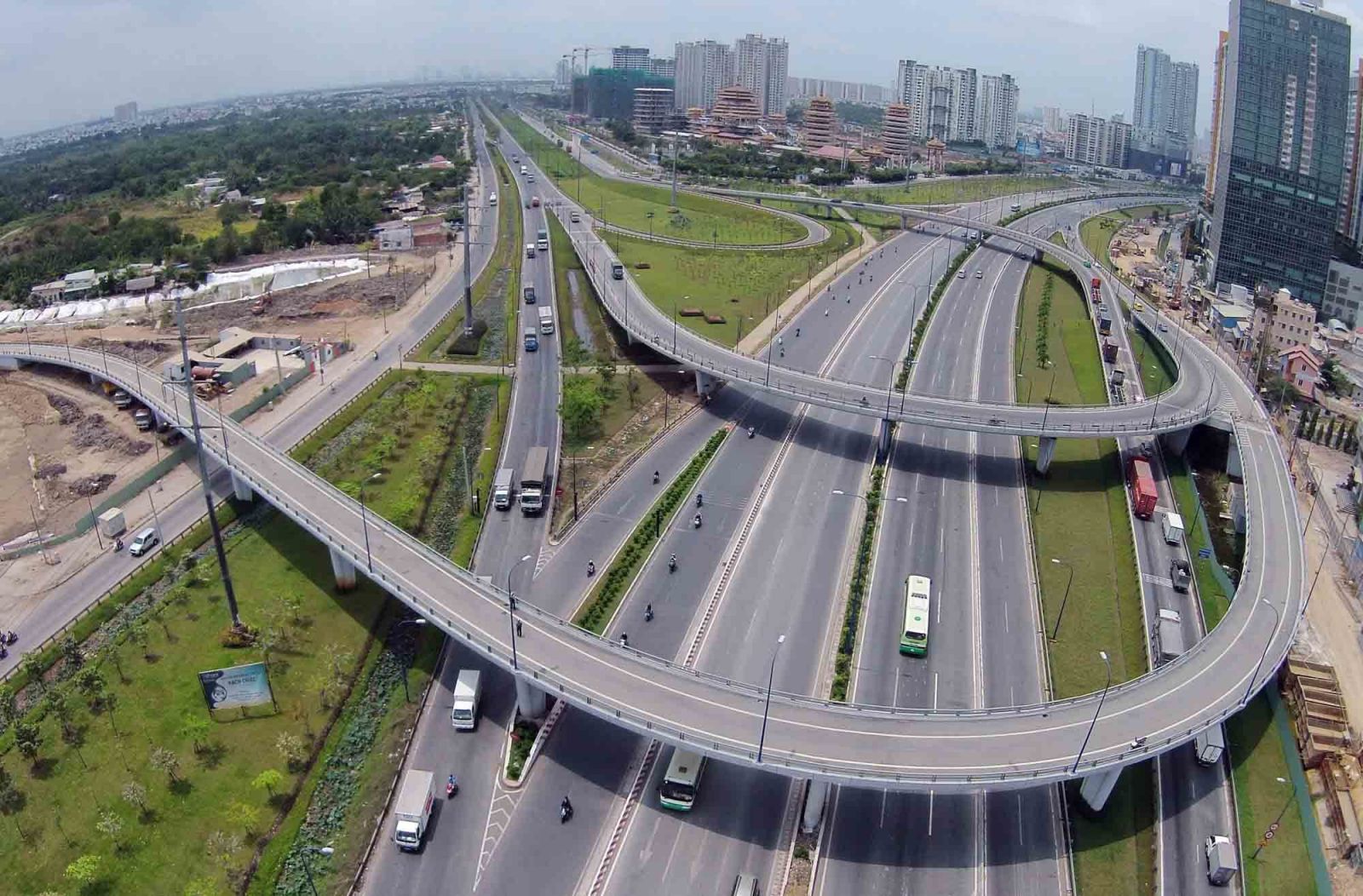A number of foreign businesses organizations have raised concerns over potential risks related to the public-private investment (PPP) model in Vietnam, especially when the law on PPP is curently being circulated for feedback.
The questions were raised at the mid-term Vietnam Business Forum 2019 themed “Roles of business community in rapid and sustainable development” on June 26.
At the forum, Chairman of the Japanese Chamber of Commerce and Industry (JCCI) Nobufumi Miura said this investment model is one of the solutions to limit borrowing, particularly when Vietnam’s public debt is reaching its limit.
However, “the investors are exposed to significantly high risk in the current PPP scheme,” Miura said.
He stressed, "It is instrumental that the government clarifies the risk allocation between the government and the private party and to provide comprehensive support for the private party to ensure a reasonable return from the investment."
JCCI also highlighted the necessity of the government adopting foreign currency exchange guarantees and applying "foreign law" as a governing law.
Additionally, Miura proposed allowing arbitration agreement outside Vietnam for all infrastructure projects, including “real estate” as a condition of dispute settlement.

Many road projects in Vietnam have been implemented under PPP form.
Besides, Vice Chairman of the European Chamber of Commerce in Vietnam (EuroCham) Tomaso Andreatta informed the group has submitted 109 modifications on the draft law and urged the Vietnamese Government to soon approve the Public Private Partnership Law, which is being drafted by the Ministry of Planning and Investment (MPI).
“What is important is not only to get this crucial law right this time, but to build a permanent relationship of trust and clear rules between the government of Vietnam and the companies and markets,” said Andreatta.
He noted: "Infrastructure is a long-term business and one which not only needs good, transparent and rapid decision-making mechanisms for a project to start, but also one where unexpected behavior changes in either the state or the corporate partner can have dire consequences."
Andreatta pointed to “two legacies” of the past that need to be surpassed if PPP is ever to work at scale in Vietnam: It has to be clear that PPP projects are hybrid and not government projects, so they are mostly subject to normal legislation
The country also needs to dispense with the mindset "what is not regulated cannot exist", which impedes the freedom of businesses.
“As Vietnam grows, the state’s role has to be increasingly the one which shows the direction and facilities and monitors the good behaviors of all agents rather than doing most of the work directly,” he asserted.
The reprentative of the American Chamber of Commerce (AmCham) stated 76% of all FDI into Vietnam went into three sectors namely manufacturing, real estate, and retail trade, expecting the foreign investment to go into development of key infrastructure in Vietnam.
According to the Global Infrastructure Outlook, Vietnam will need over US$600 billion to reach its infrastructure goals by 2040.
“While the government does not have that amount of money, there are trillions of dollars of global capital looking for stable long-term investment,” said the AmCham representative.
“Connecting that capital to investment in Vietnam’s infrastructure will speed the flow of goods and people, adding to productivity and reliability and will result directly in jobs, and revenue for the state,” he continued.
Mobilizing the capital needed for infrastructure requires private sector participation which in turn demands market-based risk adjusted returns for investors. While these terms might not be as attractive as that provided by development banks, the source is more abundant and sustainable over the long-term, he added.
“Our member companies need the government to establish a PPP that enables private investment in infrastructure projects,” he concluded.
Vietnamese Government guarantees are among the 10 points the MPI listed in a document it sent to relevant ministries and agencies in April to collect opinions for its PPP bill.
The lack of guarantees related to minimum returns and foreign exchange risks have kept investors away from large projects like the Dau Giay – Phan Thiet and Tan Van-Nhon Trach road projects.
Under the MPI bill, projects considered for minimum revenue guarantees will be those that need National Assembly and prime ministerial approval. The guarantees will be considered on a case-by-case basis.
For projects entitled to guarantees, for the first five years the guaranteed minimum revenue will equal 75 percent of revenue estimated in the contract. It will come down to 65 percent for the following five years.
However, if the revenue exceeds 125 percent of the estimated revenue in the first five years of operation and 135 percent in the following five years, the investor must hand over the excess portion to the government.
The draft law of MPI also envisages fixing a cap on exchange rate fluctuations for a certain period of time, for instance five years, and the government compensating the investor if the actual rate exceeds it. The bill also proposes a government guarantee to meet 30-50 percent of investors’ foreign currency requirements.
As a form of investment between a government agency and a private investor for projects in areas like construction of infrastructure and provision of public services, PPP can help governments leverage efficiencies and expertise in the private sector to achieve their development goals.
The Asian Development Bank estimated Vietnam would need at least US$16.7 billion in average for the 2015 – 2025 period to cover capital needs for infrastructure development.
Meanwhile, the World Bank suggested the figure could rise to US$25 billion per year, much higher than the average investment capital in the 2011 – 2015 period.


















